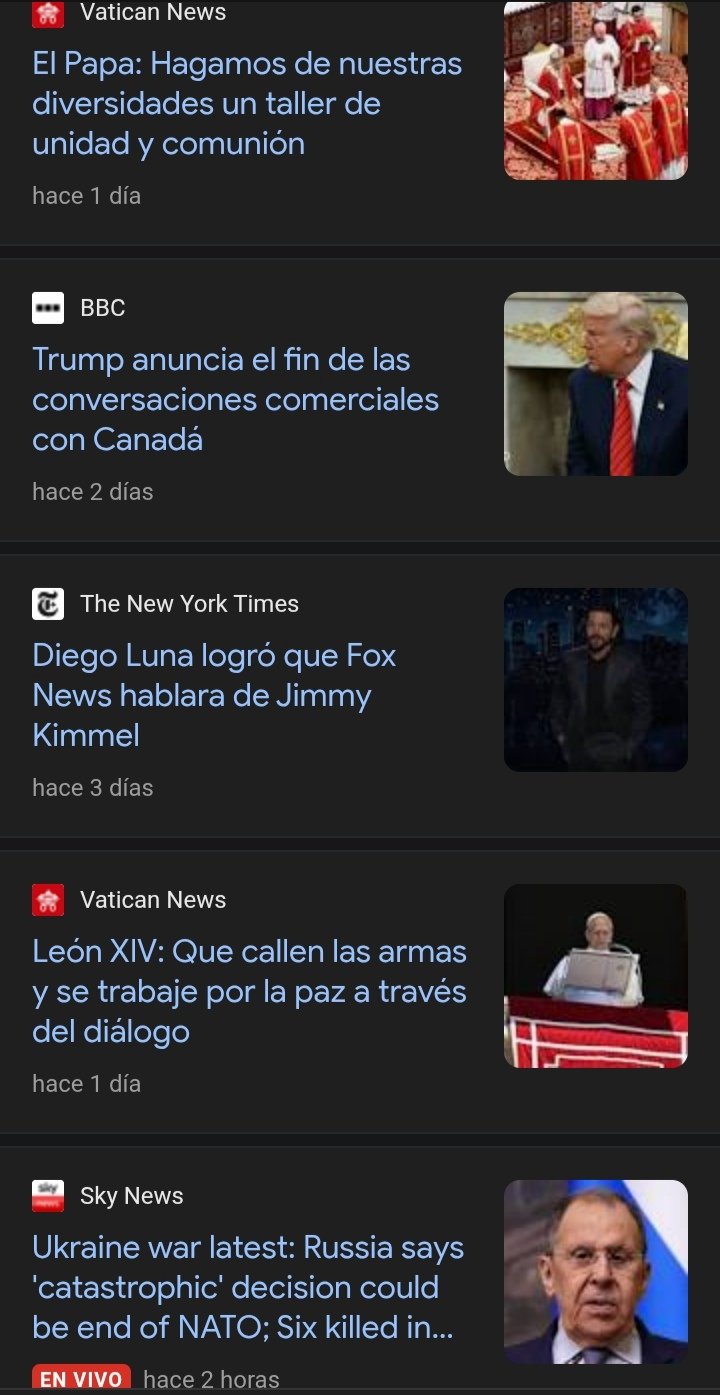Excessive exposure to news can make you sick
It is very difficult, sometimes not creating emotional armor can. I mean talking or being informed about politics in a subject that concerns you and on which you cannot do anything. This is the reason why many prefer to talk about the things that happen in other geographies, or directly not find out about things. Maybe it sounds a bit unlikely, but anyone who has lived or lives in a dictatorship understands what I say.
Knowing all the abuses, injustices and violations of rights that happen around you and not being able to do anything is emotionally very exhausting; The feeling of helplessness is triggered. Knowing that you are exposed to happen does not cause as much impact and to find out what happens to others with an almost daily frequency. In my case, this was the question that led me to leave by the articles of Cuba Inside View aside and to space them a little more in time now.
However, this does not mean that we must stop informing ourselves, only that we have to make it smarter and not so intensively. Having awareness of the political reality that surrounds us allows us, in case you live in a place where democracy exists and works, making better decisions when voting or participating in social debates. In addition to the empowerment of being able to demand responsibilities to elected leaders, it also makes it easier for us to identify political manipulation.

Screenshot of Google News Tab
But not everything is positive. Excess information and exposure to political news (or of any kind) can cause us informative fatigue that can lead us to mental exhaustion. In addition, chronic and excessive exposure to negative news (the negative does not take away the real) can activate responses in our organisms that lead us to a continuous alert state.
Other dangers are that we can fall into distorted visions due to sensationalist coverage. The recent conflict between Israel and Iran is an example of this, where nuclear world war threats stood out in many of the media or social networks comments. Any serious analysis would have identified that the probability of that scenario was minimal, however, very rarely, the sole or objective gives as many views as sensationalist.
That is why I emphasize, we must inform us more intelligently to protect us. Among the strategies we can use are:
- Dose the exhibition: Limit the schedules and the total time in which we consume news.
- Diversify the sources: There are tools that notify us of the inclination and political interests of the different media. This will help us to find the analysis from another point of view and/or find biases. Another element is to avoid echo chambers or interaction bubbles in social networks.
- Verify data: Always before a sensational announcement we must review the data and perform deep analysis of the news that is given to us. For example, the rhetoric of possible breakdown of the telecommunications monopoly of the Cuban government to apply a 1200% tariff to the Internet access plans by mobile data are disassembled by the same few data they offered.
- Establish informative fasting: Disconnect from informative consumption from time to time for a day or week.
In summary, the balance is to keep us informed without allowing the information to colonize us.
Posted Using INLEO
Some time ago I decided to put aside the news so as not to have a heart attack, hahaha
Is not a bad choice.
Ya no sigo las noticias.
Son culebras que vienen a arrebatarnos las palomas
Antes de que comience a fundirse la mañana.
Gracias por tu visión siempre certera.
🙌
!BBH